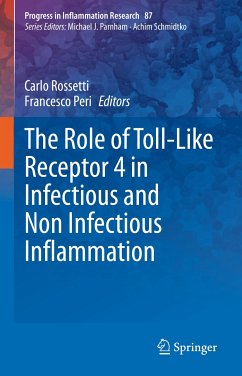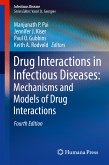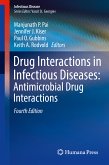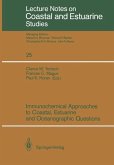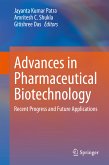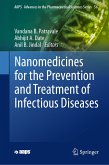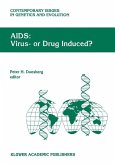This volume critically reviews the different types of TLR4 activators and inhibitors, discusses the role of molecular aggregates in agonism/antagonism as well as the pivotal role of the CD14 receptor in the modulation of TLR4 signal and the molecular details and actors of the intracellular cascade.
The book presents the role of TLR4 in several pathologies, such as sepsis and septic shock caused by receptor activation by gram-negative bacterial lipopolysaccharide (LPS), in neurodegenerative and neurological diseases such as Parkinson and Alzheimer's diseases, and Amyotrophic Lateral Sclerosis (ALS). It reviews the role of TLR4 in neural stem cell-mediated neurogenesis and neuroinflammation and in HumanInduced Pluripotent Stem Cells and Cerebral Organoids and discusses the emerging role of micro-RNA (miRNA) regulation by TLR4.
Dieser Download kann aus rechtlichen Gründen nur mit Rechnungsadresse in A, B, BG, CY, CZ, D, DK, EW, E, FIN, F, GR, HR, H, IRL, I, LT, L, LR, M, NL, PL, P, R, S, SLO, SK ausgeliefert werden.

